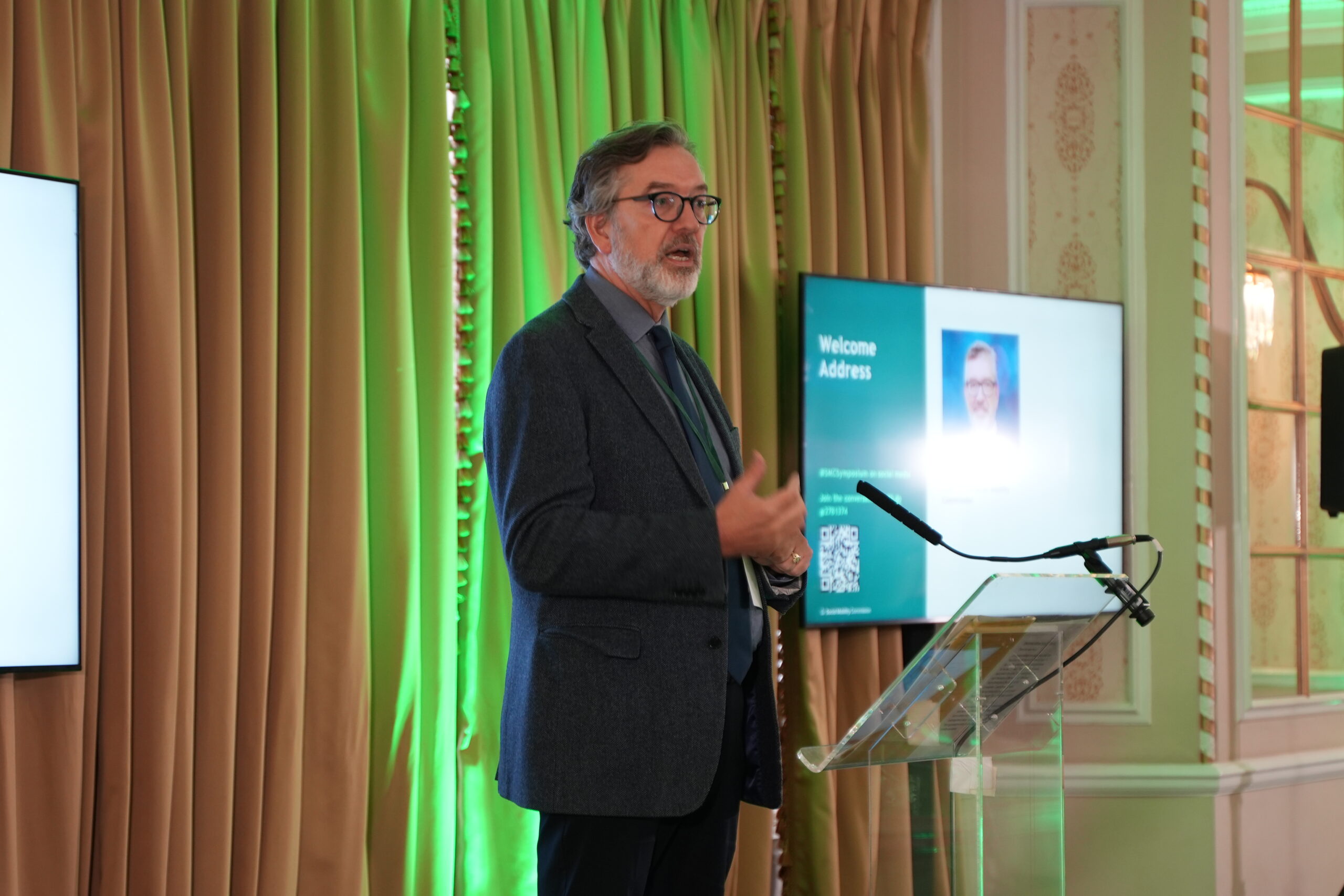Rethink failed social mobility policy to improve opportunities for UK’s poorest communities
Current approaches to social mobility are failing the UK’s most disadvantaged communities, the Chair of the Social Mobility Commission, will say today, as he calls for a radical rethink of social mobility policy.
In a keynote speech, Alun Francis will argue that current approaches to social mobility have failed to deliver long-term and consistent policy that changes lives for the better. He will say that existing approaches have left the UK’s most disadvantaged communities behind with little hope of improvement.
Francis will share how many people living in former manufacturing, mining and coastal areas still have the fewest opportunities and the highest concentrations of disadvantaged communities – this is despite years of expensive policy interventions designed to promote social mobility.
“Through our work we often hear that where places are doing well, and are experiencing regeneration and growth, people have a positive outlook, a sense of belonging, and a brighter local future,” Francis is expected to say.
“But when places aren’t flourishing the tone changes,” he will add. “It’s hard not to be moved when you hear people describe the decline of their hometowns.”
Traditional approaches to social mobility, he will say, do not recognise the critical role of the economy and innovation when it comes to increasing opportunities for the UK’s most disadvantaged communities. Traditional approaches, he says , typically focus on the “lucky few” who follow the university pathway to elite careers, which are concentrated in more prosperous areas.
In his speech, Francis will argue that an innovative economy and place-based approaches are central to securing positive social mobility outcomes for more people, as these are key to tackling the large regional disparities that exist across the UK.
There is ‘no one size fits all solution’, he will say, and place based strategies allow different areas to define their own social mobility challenges, identify locally relevant approaches, and will encourage innovation in both the economy and public services
He will also argue that moving away from traditional approaches, to focus on the right mix of competition, innovation and skills education would create the economic conditions needed for more people to secure a positive outcome.
Speaking at the Royal Society of Arts, Francis will emphasise how this mix of critical elements could help provide the right conditions to kickstart more opportunities for social mobility.
“To achieve an ambition of this nature will require serious endeavour from not just the Government, but all sectors and all parts of the country to overcome the current challenges and barriers.
“If we genuinely want a wider variety of opportunity for a wider variety of people in a wider variety of places, we need to think very differently about social mobility policy,” he is expected to say.
—
ends
Related content

Who shapes the future? Women, Tech and AI – New Podcast Episode
Right now only 1 in 4 tech workers are women and just 9% are from a low socio-economic background. What does it mean when the sector shaping the future doesn’t… read more
Topics

New Social Mobility Commission report calls for more powers for local government to unlock greater opportunity for millions
The Social Mobility Commission has published a new report which calls for devolved authorities to be given greater powers and resources to help tackle the UK’s social mobility problem. The report… read more
Topics

Social Mobility Commission Symposium: Welcome address from Chair Alun Francis
Read a transcript of the welcome address delivered by Alun Francis, Chair of the Social Mobility Commission, at Manchester Hall on 15 September.